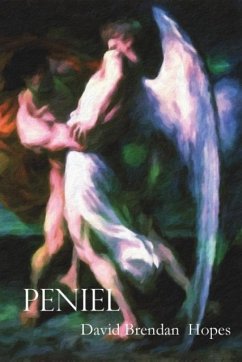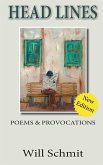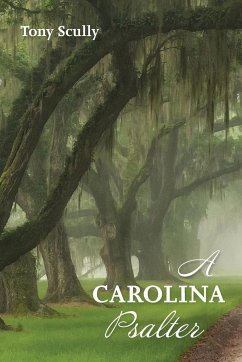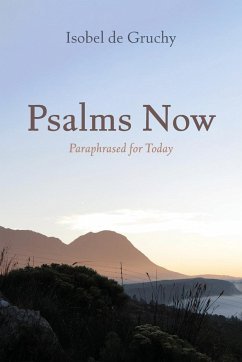A New Book of Psalms - Songs of rage and desire, songs of remembrance and lament, songs begging and bargaining and growing still, above all songs of love--"love abundant, / love unspent, untarnished, rising wave-like / till the sea is drowned." - PENIEL is a modern daybook of Psalms, with all of their broken, hurt-into-vision grandeur. - Thomas Gardner - Author of "John in the Company of Poets: The Gospel in Literary Imagination" "The soul in paraphrase, heart in pilgrimage, / . . . Engine against th' Almighty," George Herbert might have said of these poems, for surely he would have been as astonished and moved as I was by their intensity and range and daring. Who knew an inner life could be this rich? Imagine that God came to you once at night--"It was otherwise at first. There was the body that came / by the risen moon and again before morning," and then imagine him unaccountably turning away and growing distant and deaf. These are the cries that would pour from that wound if we had David Hopes' remarkable gifts: songs of rage and desire, songs of remembrance and lament, songs begging and bargaining and growing still, above all songs of love--"love abundant, / love unspent, untarnished, rising wave-like / till the sea is drowned." Peniel is a modern daybook of Psalms, with all of their broken, hurt-into-vision grandeur. It is also, and at the same time, a work of great calmness and craft--it is, one would say, turning to Herbert again to find words to describe its hold on the reader, "something understood." Thomas Gardner, Professor of English, Virginia Tech John in the Company of Poets: The Gospel in Literary Imagination "David Brendan Hopes consecrates his book as a site of revelatory power, inviting his readers to join him in wrestling with the hardest questions of human existence - the problems of suffering and evil, the mysteries of beauty and grace. Hopes sings of these things with a prophetic honesty and clarity of vision, and so the mercy he finds is hard-learned and all the more profound. Throughout Peniel readers will catch glimpses of the face of God." Evan Gurney - Assistant Professor of English at University of North Carolina Asheville
Hinweis: Dieser Artikel kann nur an eine deutsche Lieferadresse ausgeliefert werden.
Hinweis: Dieser Artikel kann nur an eine deutsche Lieferadresse ausgeliefert werden.








